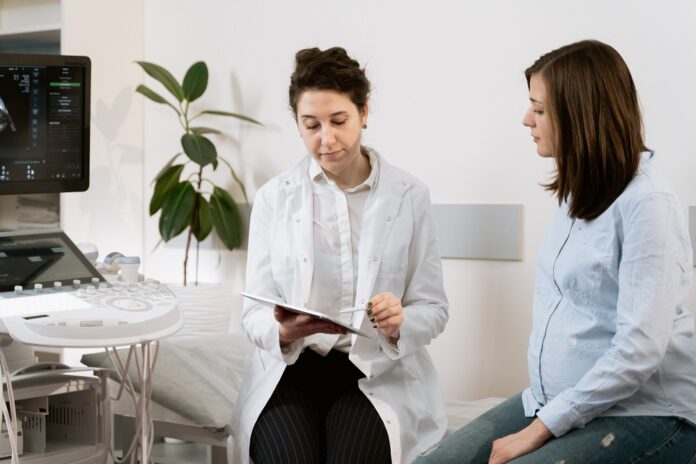When it comes to your health, you want to ensure you are doing everything possible to protect yourself. This is especially true when it comes to your reproductive health. An OBGYN can provide expert advice and help you stay healthy throughout your lifetime. This article discusses how your OBGYN can help you stay healthy.
1) Routine Care Visits
Doing a quick google search for an “OBGYN near me” can help you in your process of finding professionals who will help you stay healthy regarding essential routine checkups. During these visits, your OBGYN will perform a physical exam and order any necessary tests. This is a great opportunity to discuss any concerns you may have about your health. Your OBGYN can help you know how to maintain a healthy lifestyle.
Tests During Routine Visits
-Pap smear: A Pap smear is a test that screens for cervical cancer. It is recommended that women have a Pap smear every three years starting at age 21.
-Mammogram: A mammogram is a test that screens for breast cancer. It is recommended that women have a mammogram every year starting at age 40.
2) Vaccination
Vaccinations can protect you from serious diseases, such as HPV and influenza. Some vaccinations are only recommended for certain age groups or pregnant women. Discuss your vaccination history with your OBGYN to ensure you are up-to-date on all recommended vaccines.
Recommended Vaccinations
-HPV vaccine: The HPV vaccine is recommended for women ages 26 and younger. It can help protect against cervical cancer and other types of HPV-related cancers.
-Flu vaccine: The flu vaccine is recommended for all women, especially pregnant women. It can help protect you from serious flu complications, such as pneumonia.
3) Urinary Incontinence
Urinary incontinence is a common problem, especially for women with children. It can be embarrassing and uncomfortable. But there are treatments available to help you manage urinary incontinence. Your OBGYN can discuss your treatment options and help you find the best solution for your needs.
Treatments for Urinary Incontinence
-Behavioral therapy: Behavioral therapy can help you learn how to control your bladder muscles. It may involve exercises, such as Kegel exercises, and lifestyle changes, such as avoiding caffeine and limiting fluid intake.
-Medications: Medications can help relax the bladder muscles or reduce inflammation. They may be taken orally or applied directly to the skin.
-Surgery: In some cases, surgery may be necessary to treat urinary incontinence. Surgery can help repair damage to the bladder or urethra. It can also help tighten the muscles around the urethra.
4) Long-term Health After Pregnancy
Pregnancy is a time of significant change for your body. After you have a baby, you will need to take care of yourself to ensure a healthy recovery. They help you manage any health conditions that may arise after pregnancy, such as postpartum depression.
Help from the OBGYN on Pregnancy
-Guiding nutrition: Your OBGYN can direct how to eat a balanced diet and get the nutrients you need. They can also recommend supplements if you are not getting enough of certain nutrients, such as iron.
-Encouraging exercise: Exercise can help you lose weight, regain strength, and improve your mood. Your OBGYN can help you find an exercise program that is right for you.
-Managing health conditions: If you develop a health condition after pregnancy, such as postpartum depression, your OBGYN can help you manage it. They can prescribe medication or refer you to counseling.
5) Mental Health
Your mental health is just as important as your physical health. OBGYNs can help you manage stress, anxiety, and depression. They recommend how to deal with difficult life events, such as divorce or the death of a loved one.
Help from the OBGYN on Mental Health
-Providing counseling: Your OBGYN can provide counseling to help you manage stress, anxiety, and depression. They can also guide how to deal with difficult life events.
-Referring you to a mental health professional: If you have suicidal thoughts, your OBGYN can refer you to a mental health professional for help.
-Prescribing medication: If you are suffering from a mental health disorder, your OBGYN can prescribe medication to help you manage it.
OBGYNs are trained to provide comprehensive care for women of all ages. They have great tips on different reproductive health conditions. You can visit an OBGYN for a yearly checkup or if you have any concerns about your health. Do your research to find an OBGYN that you feel comfortable with. This way, you can get the best possible care for your needs.















